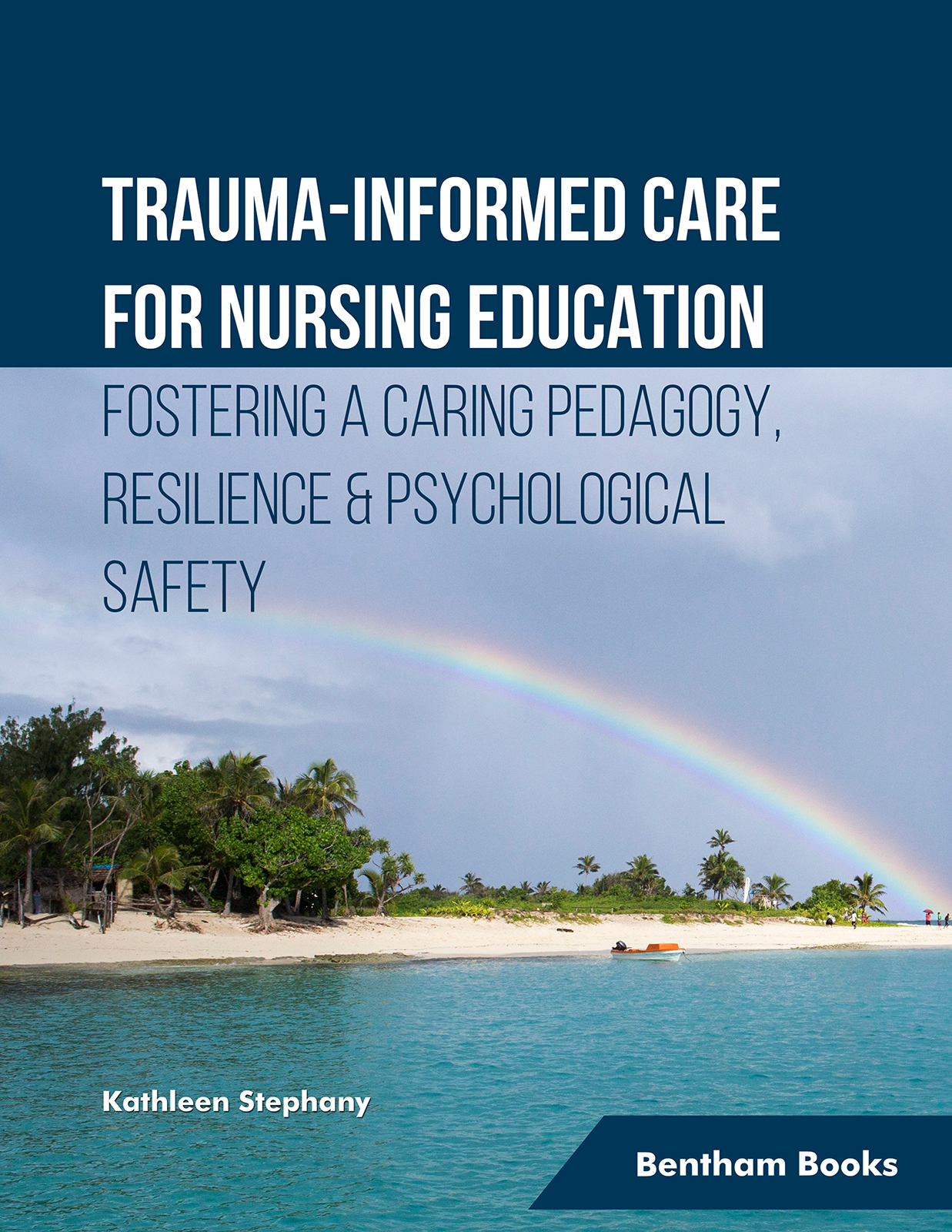Preface
“Although the world is full of suffering, it is also full of the overcoming of it. My optimism, then, does not rest on the absence of evil, but on a glad belief in the preponderance of good and a willing effort always to cooperate with the good, that it may prevail.” Helen Keller, American Author and Educator.
When I was completing a mandatory course in Trauma Counselling during Graduate School, I was exposed to the types of adversity that exist in the world, their prevalence, and the personal stories of endless human suffering. I felt overwhelmed with sadness and started to view the world as a cruel place of indifference. I confided in the professor teaching the course at the time about my feelings of despondency. He quoted the message relayed above by Helen Keller. Helen Keller was a blind and deaf woman who persevered despite obstacles, got a degree, became a writer, educator, and advocate, and believed in the capacity of good to overcome evil. Helen’s words of wisdom helped me to understand that although the world is full of anguish, it also is full of opportunities to help alleviate suffering. I subsequently felt compelled to integrate theories associated with caring into my practice, especially the ethic of care, and the therapeutic merits of empathy and compassion because I believe that they are the hallmarks of nursing. I was thrilled when I was introduced to trauma-informed care because, for people who have experienced adversity, it offers hopeful and useful strategies that facilitate healing and assist them in living more fulfilling lives.
As a nurse educator, I was eager to teach trauma-informed care to students because as future practitioners they needed these skills when caring for people who have been traumatized. However, what became apparent was that nursing students were also a risk group for trauma because they may have a history of personal loss and are in danger of developing secondary trauma during training while caring for the injured, seriously ill, or dying. These revelations became the impetus for this book with the goal of equipping student nurses with the tools to care for people who have been traumatized, but also ensuring that we make their learning experiences more psychologically safe. In the planning and design of this work, I purposely incorporated caring strategies into each Chapter because taking care of others is the essence of what we do as nurses, and it is an integral component of trauma-informed care. I also encouraged self-awareness through ongoing reflection to assist nurses and student nurses in becoming more aware of inherent biases, so they can purposefully transform them into tolerance and acceptance. A caring pedagogy that integrates caring components into teaching, that are engaging, inclusive, genuine, and student-centered, is also an essential theme of this book. At the end of each chapter, strategies are recommended that promote self-care. However, these ideas are not intended as a substitute for medical or psychological advice. Furthermore, some of the material presented in this book may negatively impact the reader, and if that occurs you are strongly advised to reach out for professional support.
Kathleen Stephany
Faculty of Health Sciences
Douglas College
New Westminster, BC
Canada

